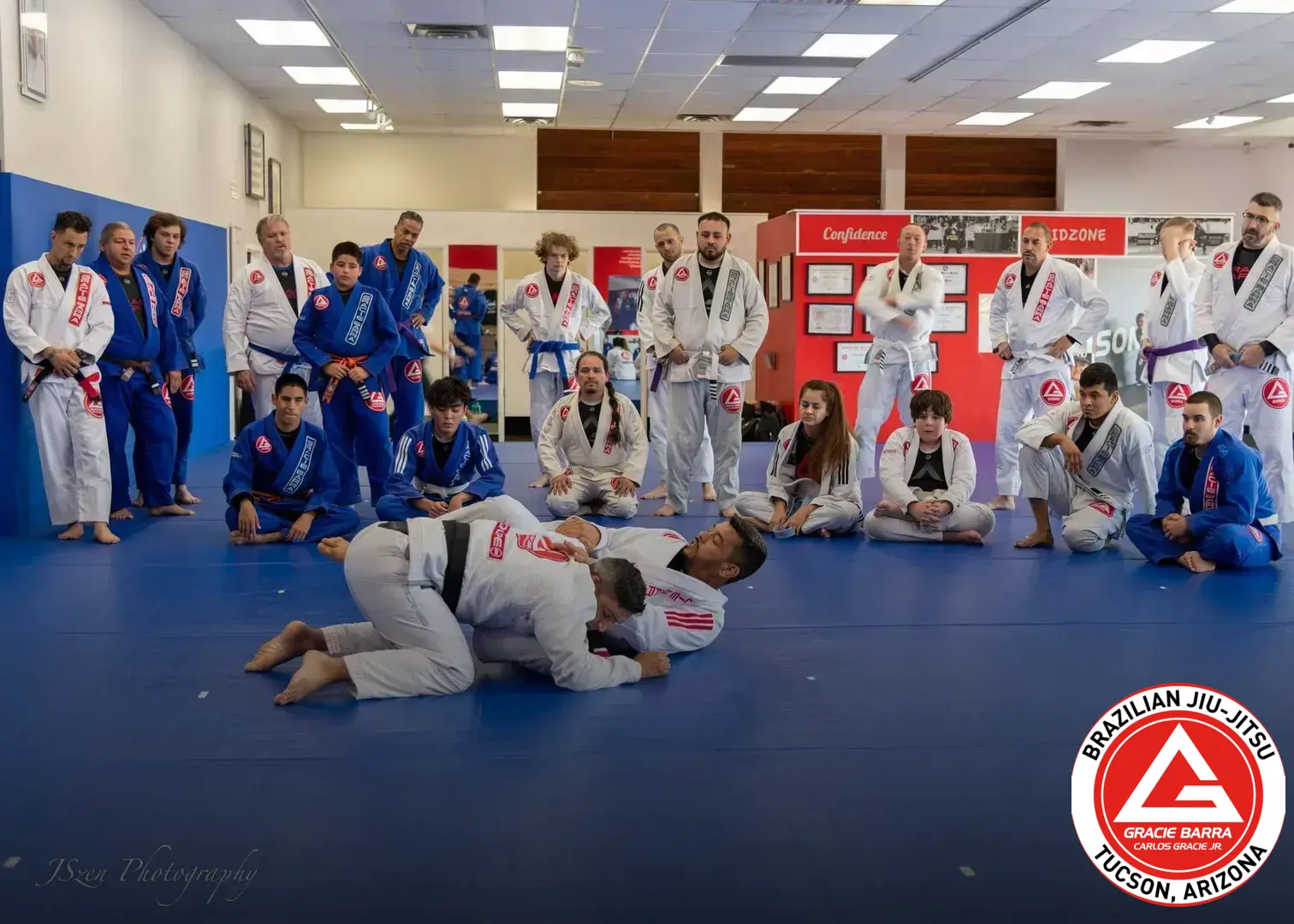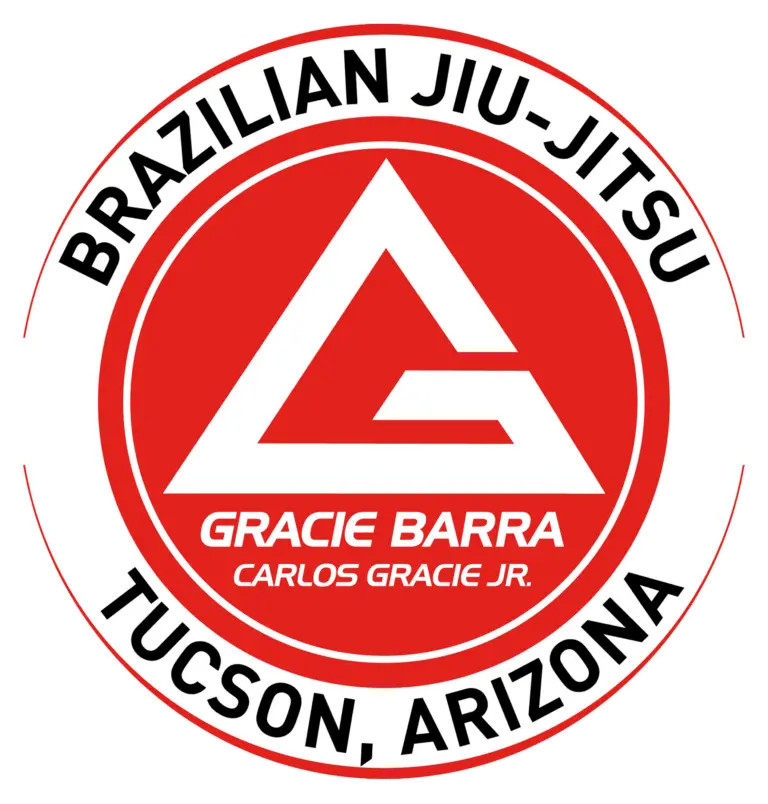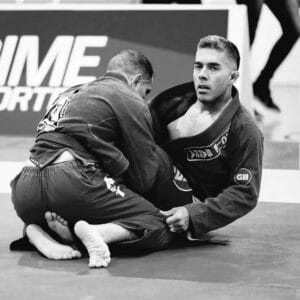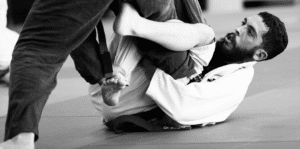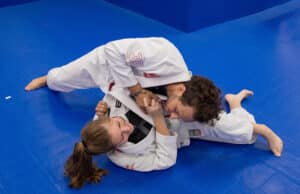“How many times per week should I train in Brazilian Jiu-Jitsu?” This query is as common as it is critical for those just starting, as well as seasoned practitioners. With the pledge to demystify this for you, we’ll talk about Jiu-Jitsu training frequency.
Without spoiling anything, allow us to briefly highlight what’s to come. Our training recommendations have been curated ideally for beginners, easing you into this new discipline. Following that, we’ll delve into the true impact of your training frequency, allowing you to gauge your progress in a measurable way.
The ultimate question then emerges: Can more training sessions per week really increase your skillful mastery of Brazilian Jiu-Jitsu? Rest assured, we’re eager to analyze this for you. Let’s embark on this exploration together, and you’ll soon have a guided answer to your key question!
What Are the Training Recommendations for Beginners in Brazilian Jiu-Jitsu?
When starting on Brazilian Jiu-Jitsu (BJJ), it’s natural to have questions about the ideal training frequency. There are a few points one should analyse to understand what is the best training frequency for you.
Understanding Your Body’s Limits
It’s crucial to understand your body’s capacity and adaptability when starting BJJ training. Training too hard, too soon can lead to injuries and burnout. So, what’s the optimal frequency?
The Ideal Training Frequency for Beginners
For beginners, two to three training sessions per week is generally recommended. This frequency allows your body to adapt to the physical demands of BJJ while providing ample time for recovery and skill development.
Why is this Frequency Ideal?
Training two to three times per week strikes a balance between practice and recovery. It allows beginners to gradually build up their physical conditioning and BJJ techniques without overtaxing the body.
Can More Training Increase My Skill?
While it’s true that more practice can lead to faster skill development, it’s important to remember that quality trumps quantity. Overtraining can lead to fatigue and injuries, hindering your progress in the long run.
Listen to Your Body
Every individual is unique, and so is their body’s response to training. Listen to your body and adjust your training frequency accordingly. If you feel energized and eager to learn after each session, you might consider adding an extra training day. On the other hand, if you’re constantly fatigued or sore, it might be a sign to slow down.
The ideal training frequency in Brazilian Jiu-Jitsu depends on your body’s adaptability and your personal goals. Remember, BJJ is a marathon, not a sprint. Patience, consistency, and smart training are the keys to long-term progress.
Ready to start your BJJ journey? Book a FREE trial class and join us at Gracie Barra Tucson and experience world-class Brazilian Jiu-Jitsu training tailored to your needs.
